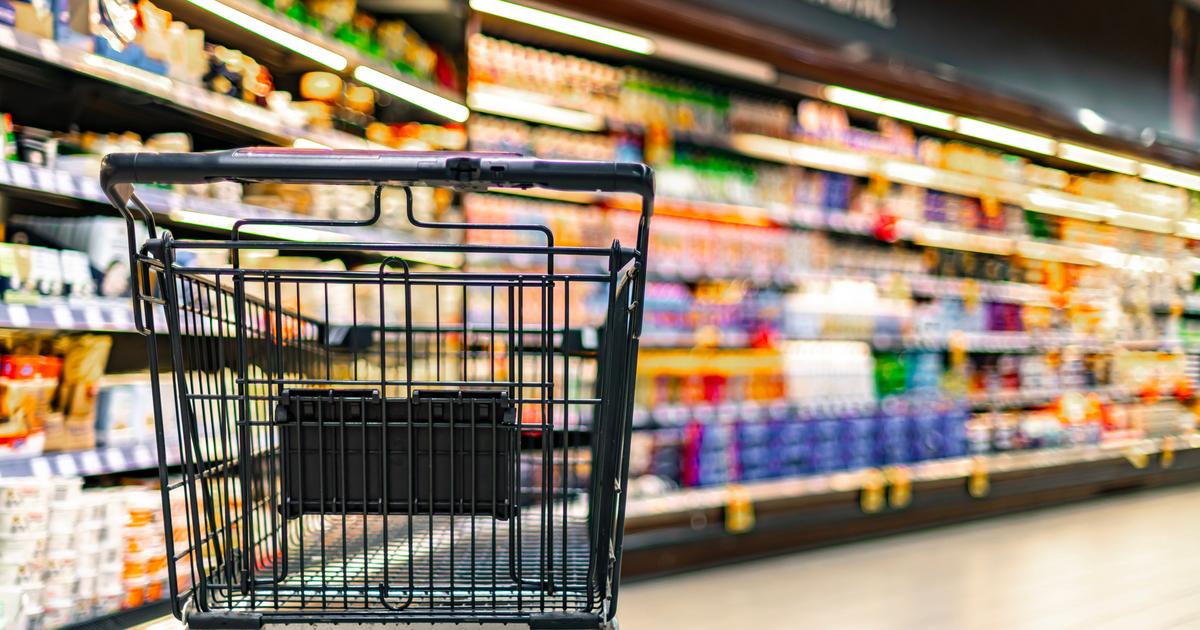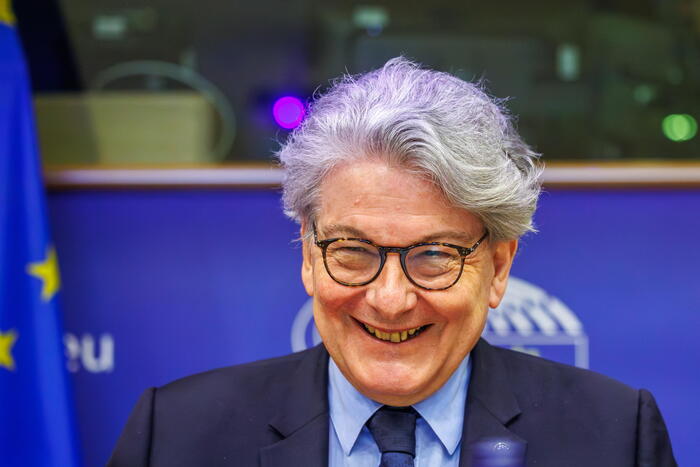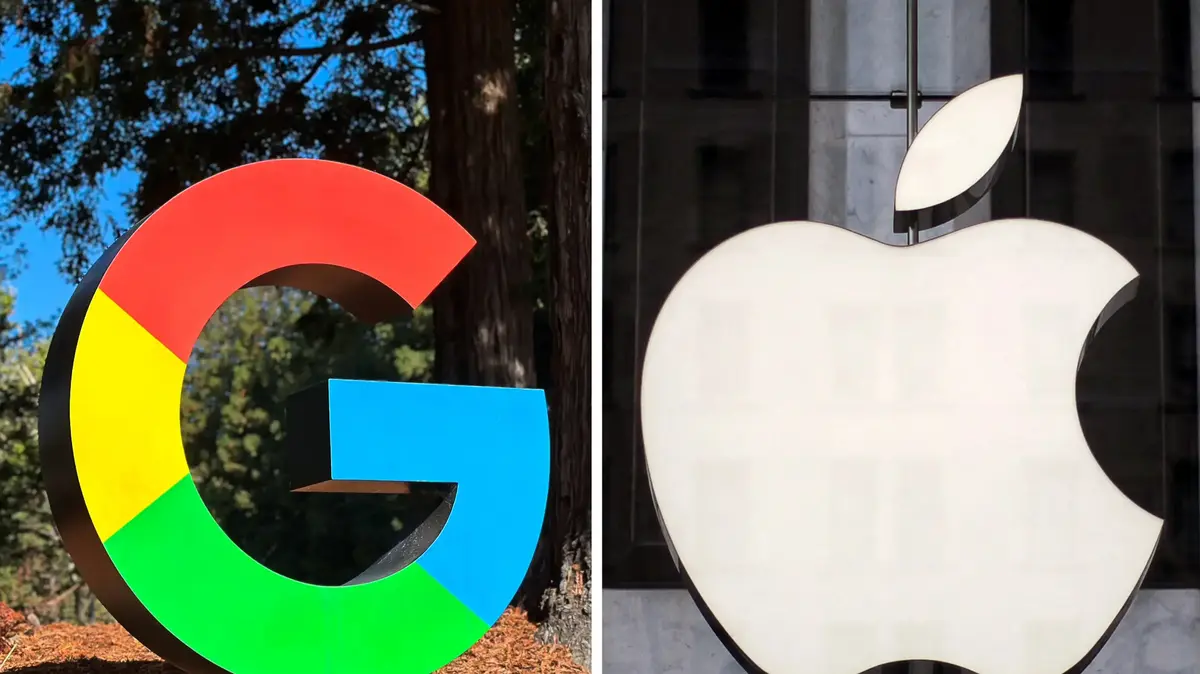The deconfinement of May 11, announced by Emmanuel Macron on April 13, gave (bad) ideas to some at the end of April.
Since the start of the Covid-19 health crisis, the tech giants, Apple and Google, have provided authorities with anonymized data sets from their geolocated applications and services. They must help governments guide their political decisions, while giving a snapshot, at a specific time, of the general behavior of populations.
By observing the data of displacements of Google and Apple during the last week of April, a tendency stands out: the French venture more out of their residence. Let's look at these results in detail.
Attendance at certain places on the rise
Google's figures, generated among other things by its Maps navigation service, relate to trips to shops, parks and even transport stations. They are expressed with negative percentages because the reference figures, used for comparison with those of confinement, relate to a normal period in January.
It is possible to compare the data for the week from Monday April 13 to Friday April 17, and an average for the weekend from 18-19, to the data for Monday April 20 to Friday April 24 and the following weekend.
Main remark: the French relaxed slightly on the deconfinement and, this, in all the sectors. This is particularly marked in their frequentation of retail and leisure businesses (-83% for mid-April and -80% for late April). But even more so with regard to travel to work places, which fell from -73% to -67% of their attendance outside confinement. Finally, there is a return to the parks on weekends, with attendance going from -75% to -69%.
This trend is reflected in the figures of Apple which, through its application for iPhone, Maps, recorded an increase in car trips.
Pays de la Loire, Hauts-de-France and Grand Est, the bad students
If we look at the data region by region, there are clearly disparities by territory. The evolution remains slight, but several nuances emerge.
Newsletter - The essentials of the news
Every morning, the news seen by Le ParisienI'm registering
Your email address is collected by Le Parisien to allow you to receive our news and commercial offers. Find out more
The inhabitants of the Pays de la Loire, like those of Hauts-de-France, yet hard hit, really relaxed about their presence in the parks on weekends compared to other regions.
Google's data also provide us with statistical details on the gradual return to workplaces on weekdays. Ile-de-France, the leading economic region, and Bourgogne Franche-Comté are the two regions where return to the workplace is the slowest.
Conversely, the Grand Est, one of the most contaminated regions, accelerated in the space of a week his return to the office or to the factory.
Our neighbors also find the parks
The data compiled also covers border countries, which have implemented containment measures fairly close to ours. By looking at the numbers of visitors to the parks, at the end of April, Europeans wandered more in these natural spaces.
The progression is similar to ours in Spain, where the confinement was a little more strict. In Belgium, the evolution is clearly more radical, with a significant rush towards the outside.
Note that Germany, which had adopted a reduced containment, also experienced an increase in the use of its parks the week which coincided with the start of its deconfinement.















